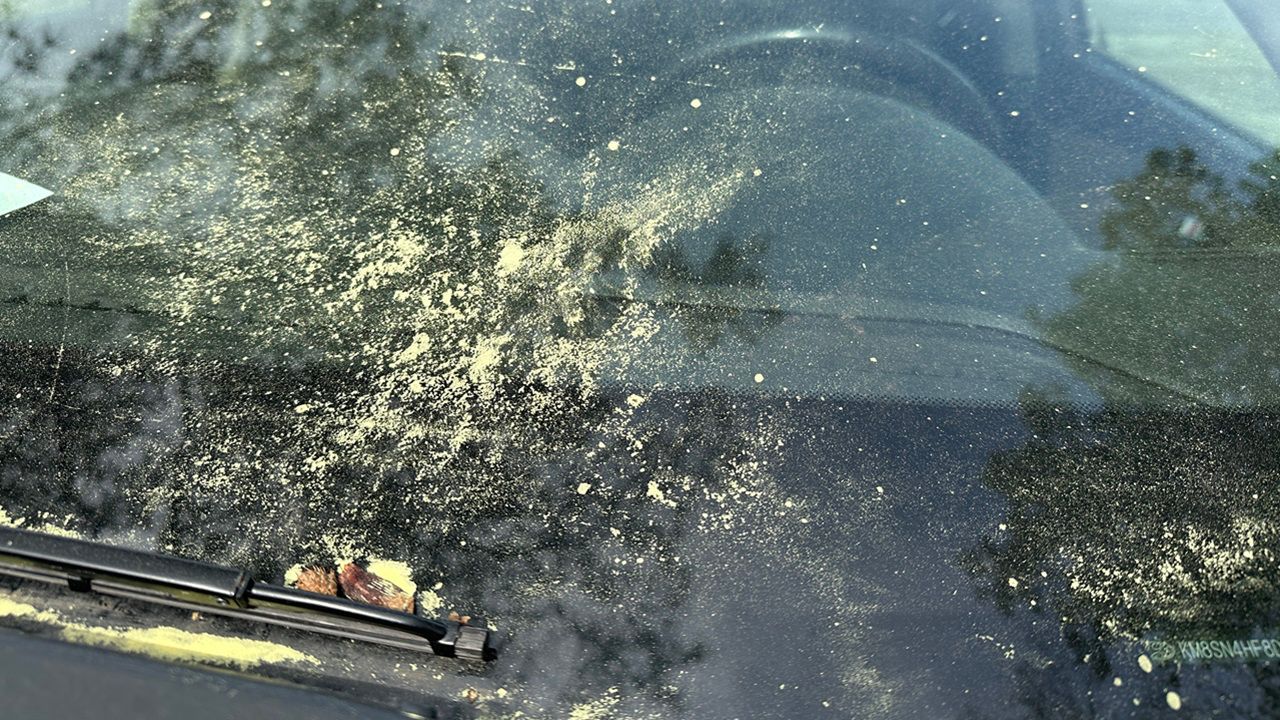Between the air quality alerts prompted by the wildfires burning in North Carolina and the return of spring ushering in clouds of pollen, lungs across the state are working overtime.
Scientists, meteorologists and air quality experts continue monitoring the effects of this one-two punch of atmospheric irritants.
Chris Frey, an N.C. State researcher who has studied human exposure to air pollution, notes that websites enable the public to follow the movement of the state's wildfires and get information about air quality.
“There’s a publicly available resource called the fire and smoke map,” he said.
The North Carolina Forest Service offers updated information on wildfires on an interactive map.
Frey once led research and development at the Environmental Protection Agency and is associate dean for research and infrastructure at the N.C. State College of Engineering.
“With wildfire smoke, the thing we tend to focus on are fine particles. These are very small particles that if you took a piece of hair, and looked at the width of human hair, they are about 1/20th of that width,” he said.
Air quality experts said it’s not just about how harmful it is to inhale smoke from wildfires. Air particulates can enter your airways, then your bloodstream, potentially triggering respiratory issues as well as cardiac conditions.
“In the extreme case it can lead to premature death,” Frey said.
Frey said symptoms of asthma, heart disease and other respiratory issues can result from prolonged exposure to smoke.
“The most protective place that you probably can go to in a wildfire event would be at home. If you close the doors and close the windows… that reduces the amount of outdoor air that comes inside that building,” he said.
Katherine Pruitt is tracking conditions in western North Carolina as the senior director of nationwide clean air policy at the American Lung Association.
“Wildfire smoke is a really dangerous source of air pollution that puts a lot of people’s health at risk,” she said. “The first thing we want to make sure is that people have the information they need about the quality of the air they are breathing.”
The N.C. Department Environmental Quality updates its air quality alerts every afternoon during the week.












